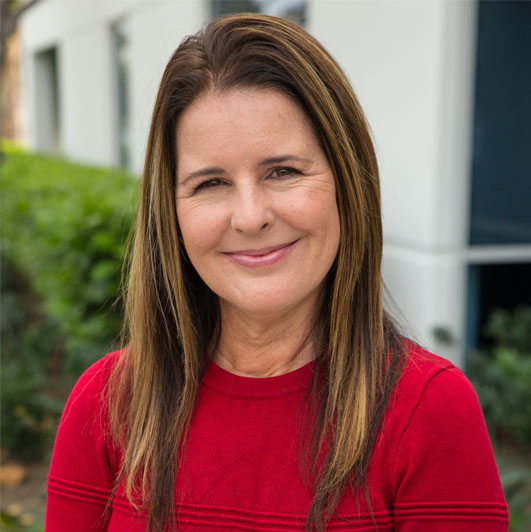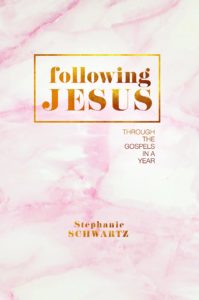Luke 24:25-35 (ESV)
25 And he said to them, “O foolish ones, and slow of heart to believe all that the prophets have spoken! 26 Was it not necessary that the Christ should suffer these things and enter into his glory?” 27 And beginning with Moses and all the Prophets, he interpreted to them in all the Scriptures the things concerning himself. 28 So they drew near to the village to which they were going. He acted as if he were going farther, 29 but they urged him strongly, saying, “Stay with us, for it is toward evening and the day is now far spent.” So he went in to stay with them. 30 When he was at table with them, he took the bread and blessed and broke it and gave it to them. 31 And their eyes were opened, and they recognized him. And he vanished from their sight. 32 They said to each other, “Did not our hearts burn within us while he talked to us on the road, while he opened to us the Scriptures?” 33 And they rose that same hour and returned to Jerusalem. And they found the eleven and those who were with them gathered together, 34 saying, “The Lord has risen indeed, and has appeared to Simon!” 35 Then they told what had happened on the road, and how he was known to them in the breaking of the bread.
Cleopas and the other disciple were both deeply discouraged as they went back to their hometown of Emmaus. They truly thought that Jesus was the one who would restore the kingdom to Israel. But Jesus had been crucified, and so their hope of deliverance was gone. The news of Jesus’ empty tomb depressed them even further. The possibility of Jesus’ resurrection, which should have been a ray of light, only created additional confusion. They were blind to what Jesus had promised he would do. As they told Jesus what happened, they included the fact that it had been three days since these things occurred. If only they had been open to what Jesus had predicted. Jesus spoke firmly as he observed, “How foolish you are! And you are slow of heart to believe!” These two disciples knew the Old Testament. They connected the scriptural dots concerning who Jesus was when he healed the sick, delivered the demonized, and preached the good news of God, but they missed the parts about the suffering Messiah, who would be rejected and take on the sin of the world. Those were the portions of Scripture they weren’t holding on to. Jesus explained to them that all of the Old Testament pointed to him. It must have been absolutely fascinating to listen to Jesus explain those things! Suffering and death were not a problem for Jesus. In fact, they were predetermined components of God’s eternal decree.
Like Cleopas and the other disciple, we too can be selective regarding which parts of the Bible we hold on to. We may pick the verses that encourage us or comfort us, or memorize the Scriptures that contain guarantees of goodness and deliverance in our lives. But how often do we cling to the passages that teach about the suffering promised to those who follow Jesus? As honest Christians, we need to be ready to embrace the full counsel of God. We must give attention to the “happy texts” and the “not-so-happy ones” if we are to think and live consistently with all God has called his followers to. We are spared much grief when we live prepared for the difficulties about which God has forewarned us. Remember that our time on earth provides our only opportunity to share in the sufferings of Christ. When we get to heaven, the pain will be gone. Let’s make sure that we learn from the trials God has sovereignly allowed in our lives today.


 Stephanie is the Women’s Ministry Director at Compass Bible Church located in Aliso Viejo, CA. Her role as director includes teaching at women’s Bible studies and events, training women’s ministry leaders, engaging in biblical counseling and discipleship.…
Stephanie is the Women’s Ministry Director at Compass Bible Church located in Aliso Viejo, CA. Her role as director includes teaching at women’s Bible studies and events, training women’s ministry leaders, engaging in biblical counseling and discipleship.… 

Recent Comments